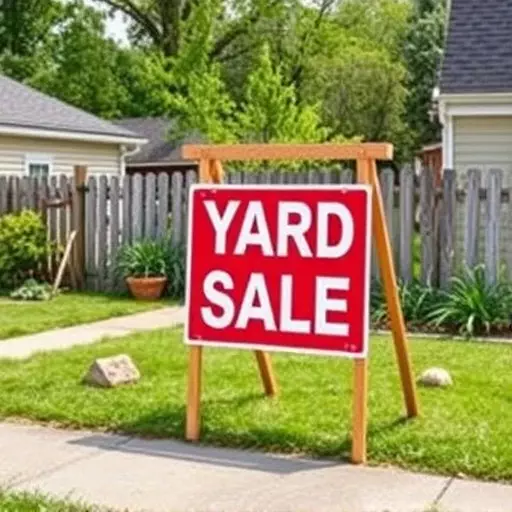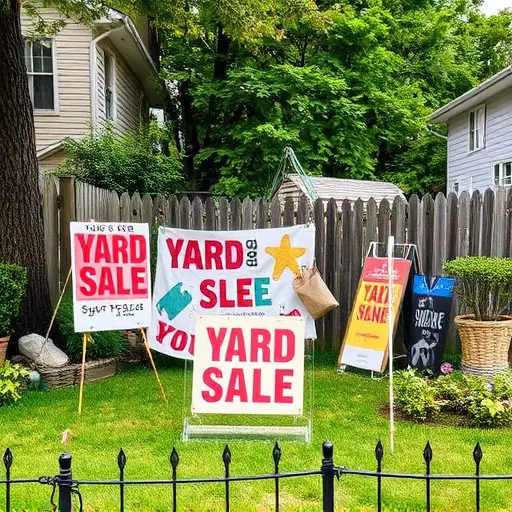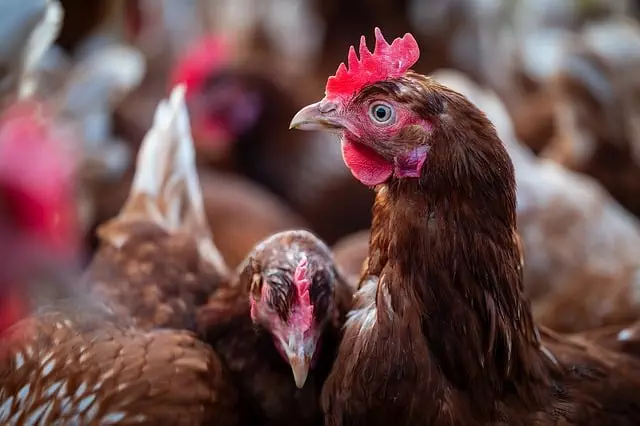Eco-friendly yard care focuses on minimizing environmental impact while promoting healthy outdoor spaces. Key practices involve proper yard waste removal and recycling, such as composting organic materials for garden use or participating in community programs that turn them into mulch or biogas. Encouraging the use of native plants, drought-tolerant species, and Integrated Pest Management (IPM) strategies further supports these efforts, protecting local ecosystems and creating safer environments. Homeowners can significantly reduce their environmental footprint through efficient yard waste removal and recycling techniques like composting and using recycled materials as mulch or fertilizers.
Many homeowners are increasingly turning towards eco-friendly yard care practices, driven by a desire to reduce their environmental footprint. This trend isn’t just about aesthetics; it’s a movement toward sustainable living. This article guides you through understanding these practices and provides efficient Yard Waste Removal and Recycling techniques tailored for homeowners. By adopting these strategies, you can contribute to a greener planet while maintaining a vibrant outdoor space.
- Understanding Eco-Friendly Yard Care Practices
- Efficient Yard Waste Removal and Recycling Techniques for Homeowners
Understanding Eco-Friendly Yard Care Practices

Eco-friendly yard care goes beyond just using organic fertilizers. It involves a comprehensive approach to landscaping that minimizes environmental impact while promoting a healthy, vibrant outdoor space. One key aspect is proper yard waste removal and recycling. Instead of sending grass clippings, leaves, and trimmings to landfills, homeowners can compost these materials, turning them into nutrient-rich soil amendments for their gardens. Many communities also offer yard waste collection programs that turn organic material into mulch or biogas, reducing the amount of waste sent to landfills.
Additionally, eco-conscious yard care encourages the use of native plants and drought-tolerant species, which require less water and chemical input. Reducing pesticide and herbicide use is another crucial element. Integrated Pest Management (IPM) strategies focus on preventing pest problems through good garden hygiene, regular monitoring, and the introduction of natural predators. These practices not only protect local ecosystems but also create a safer environment for homeowners and their pets.
Efficient Yard Waste Removal and Recycling Techniques for Homeowners

Homeowners looking to embrace eco-friendly yard care practices should consider efficient yard waste removal and recycling techniques. Instead of sending organic materials to landfills, where they produce methane emissions and contribute to greenhouse gas levels, homeowners can adopt simpler methods that benefit both the environment and their yards. Composting is a popular choice; it transforms kitchen scraps and yard debris into nutrient-rich soil amendments that enhance plant growth. By starting a home compost pile or using municipal composting programs, residents can divert significant amounts of waste from landfills each year.
Additionally, recycling options exist for various types of yard waste. For example, wood chips derived from pruned branches and trees can be used as mulch to suppress weeds and retain soil moisture. Grass clippings can also be recycled by returning them directly to the lawn as a natural fertilizer. These practices not only reduce the need for synthetic fertilizers and pesticides but also foster a healthier, more sustainable ecosystem in homeowners’ own backyards.


